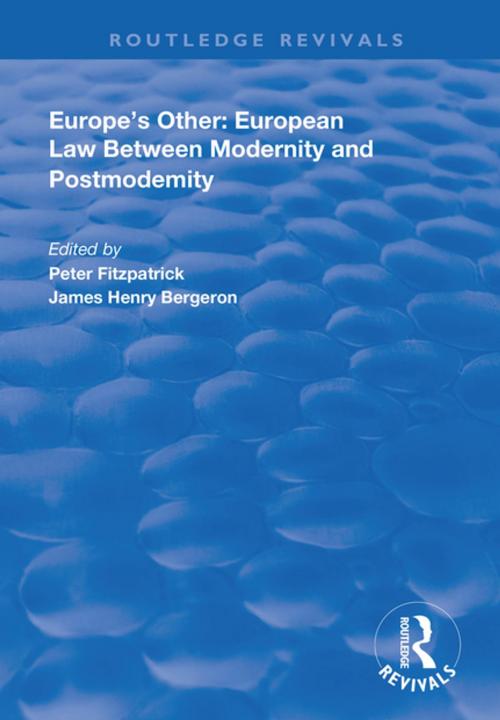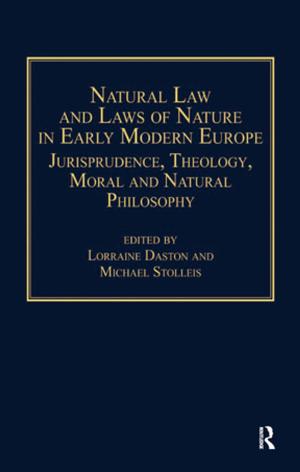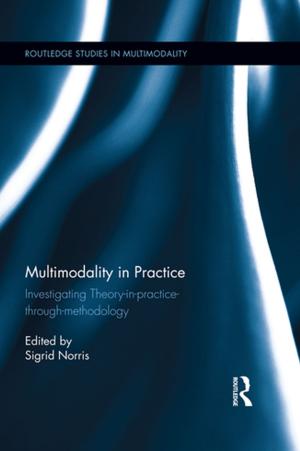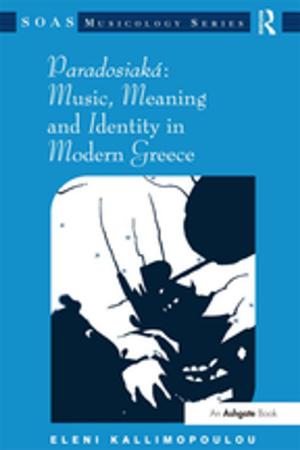Europe's Other
European Law Between Modernity and Post Modernity
Nonfiction, Reference & Language, Law| Author: | Peter Fitzpatrick, James Henry Bergeron | ISBN: | 9780429814556 |
| Publisher: | Taylor and Francis | Publication: | January 4, 2019 |
| Imprint: | Routledge | Language: | English |
| Author: | Peter Fitzpatrick, James Henry Bergeron |
| ISBN: | 9780429814556 |
| Publisher: | Taylor and Francis |
| Publication: | January 4, 2019 |
| Imprint: | Routledge |
| Language: | English |
First published in 1998, this volume focuses critically on the European identity of the law of the European Union, of national law and the law of human rights. It is primarily concerned with the ways in which European identity is created through the rejection of a malign Other constituted in opposition to all that a virtuous Europe and its law, are supposed to be. The construction of this Other is explored in claims of the EU legal order to a unity and coherence transcending the nation-state; in the assertion of a European identity through laws effecting cultural, immigration and security policies; and in the claims to a lofty 'European-ness' made by national law and the European Convention on Human Rights. A major contribution to the understanding of European Law in the terms of the debates over modernity and postmodernity, this book will interest those involved with studies of the European Union and its law, with critical legal studies and also with socio-legal studies.
First published in 1998, this volume focuses critically on the European identity of the law of the European Union, of national law and the law of human rights. It is primarily concerned with the ways in which European identity is created through the rejection of a malign Other constituted in opposition to all that a virtuous Europe and its law, are supposed to be. The construction of this Other is explored in claims of the EU legal order to a unity and coherence transcending the nation-state; in the assertion of a European identity through laws effecting cultural, immigration and security policies; and in the claims to a lofty 'European-ness' made by national law and the European Convention on Human Rights. A major contribution to the understanding of European Law in the terms of the debates over modernity and postmodernity, this book will interest those involved with studies of the European Union and its law, with critical legal studies and also with socio-legal studies.















